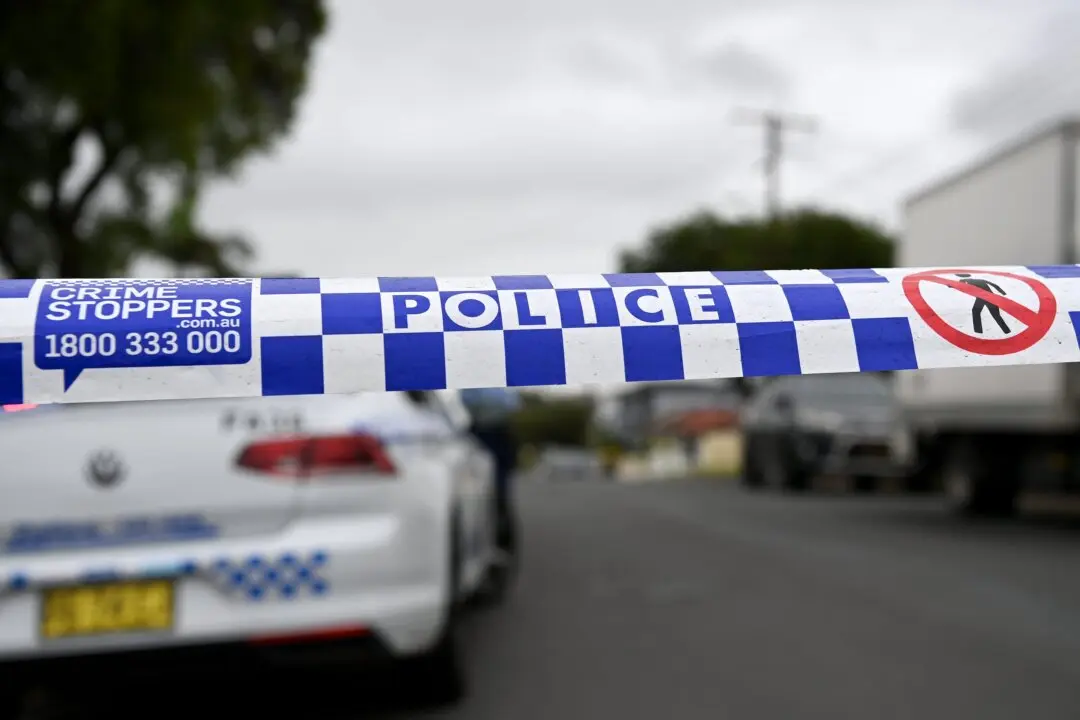All eyes are on a bushfire raging for weeks as southern Australia swelters through a three-day heatwave.
Hot conditions are expected to continue on Jan. 5 from central Australia to the southeast, with pockets in Victoria’s east and New South Wales (NSW)’s southeast experiencing severe conditions until late Sunday.





